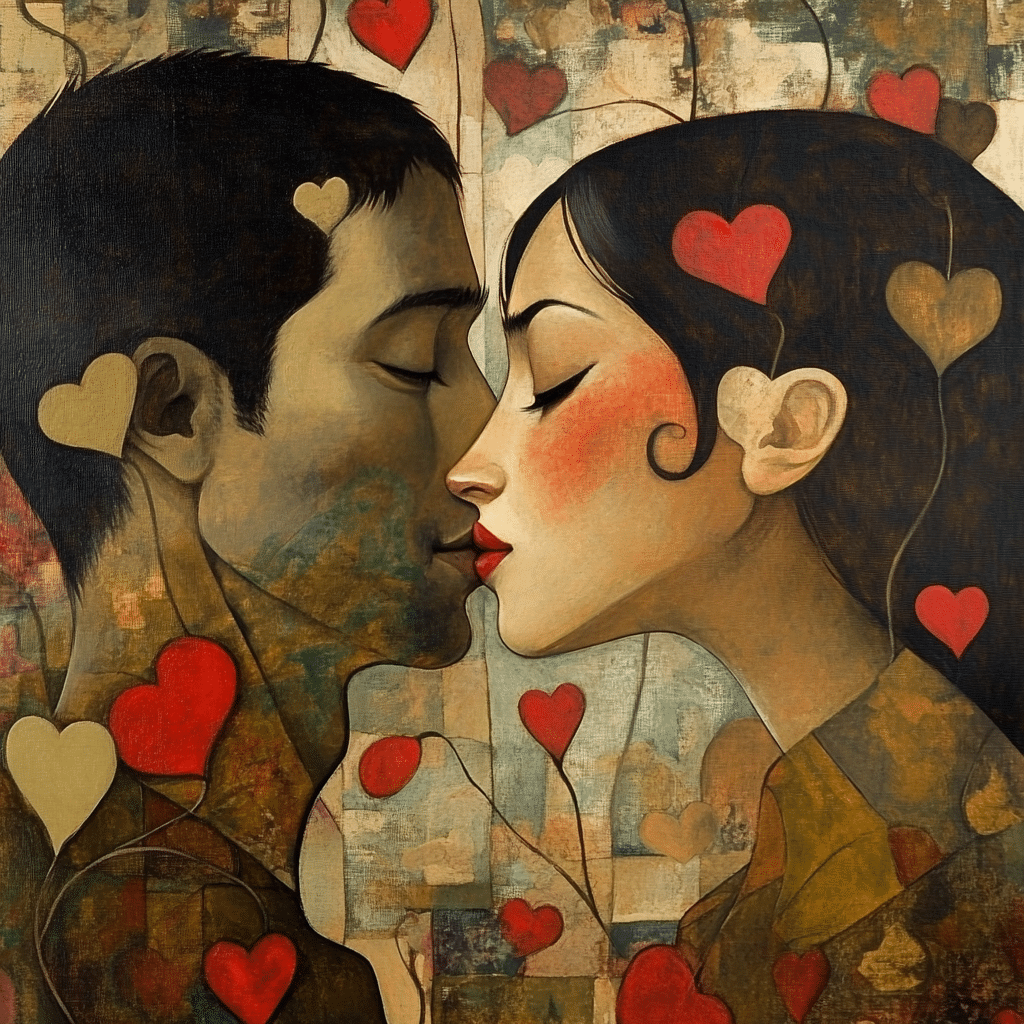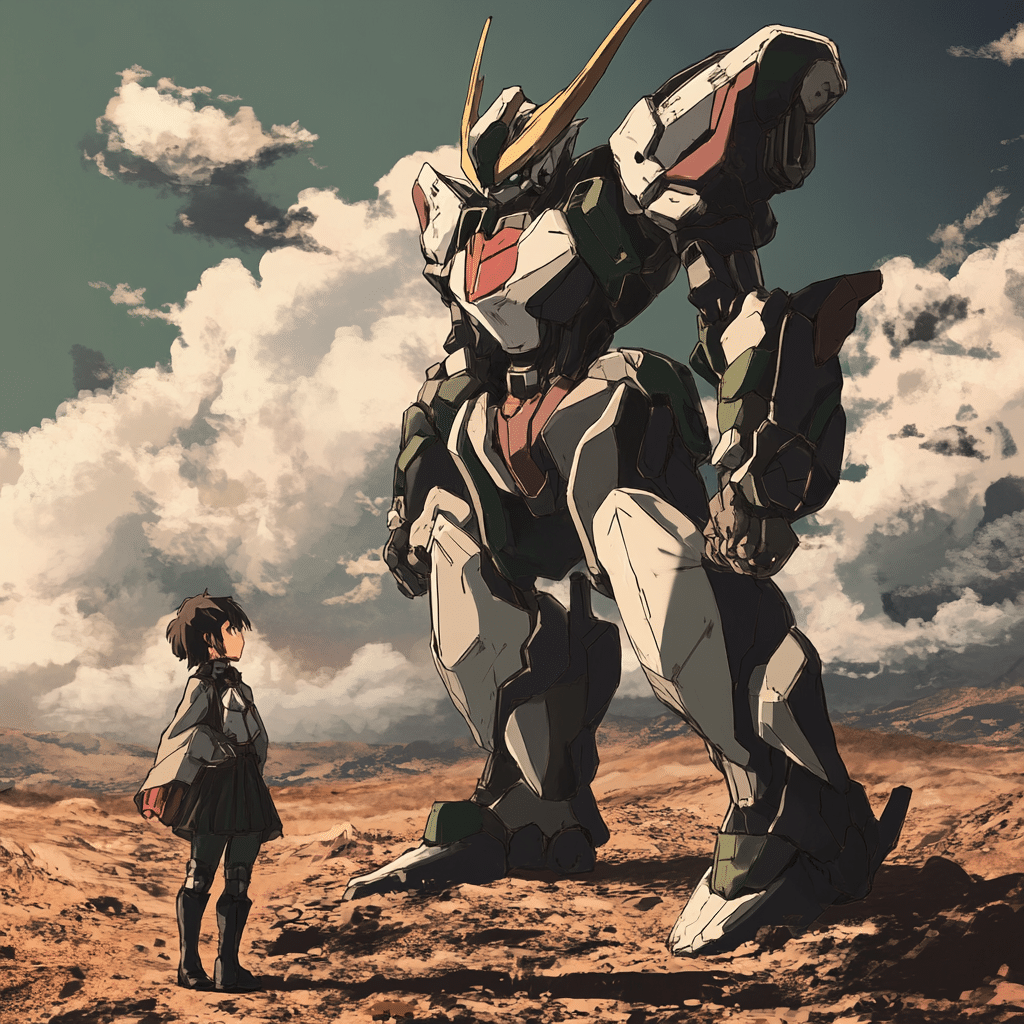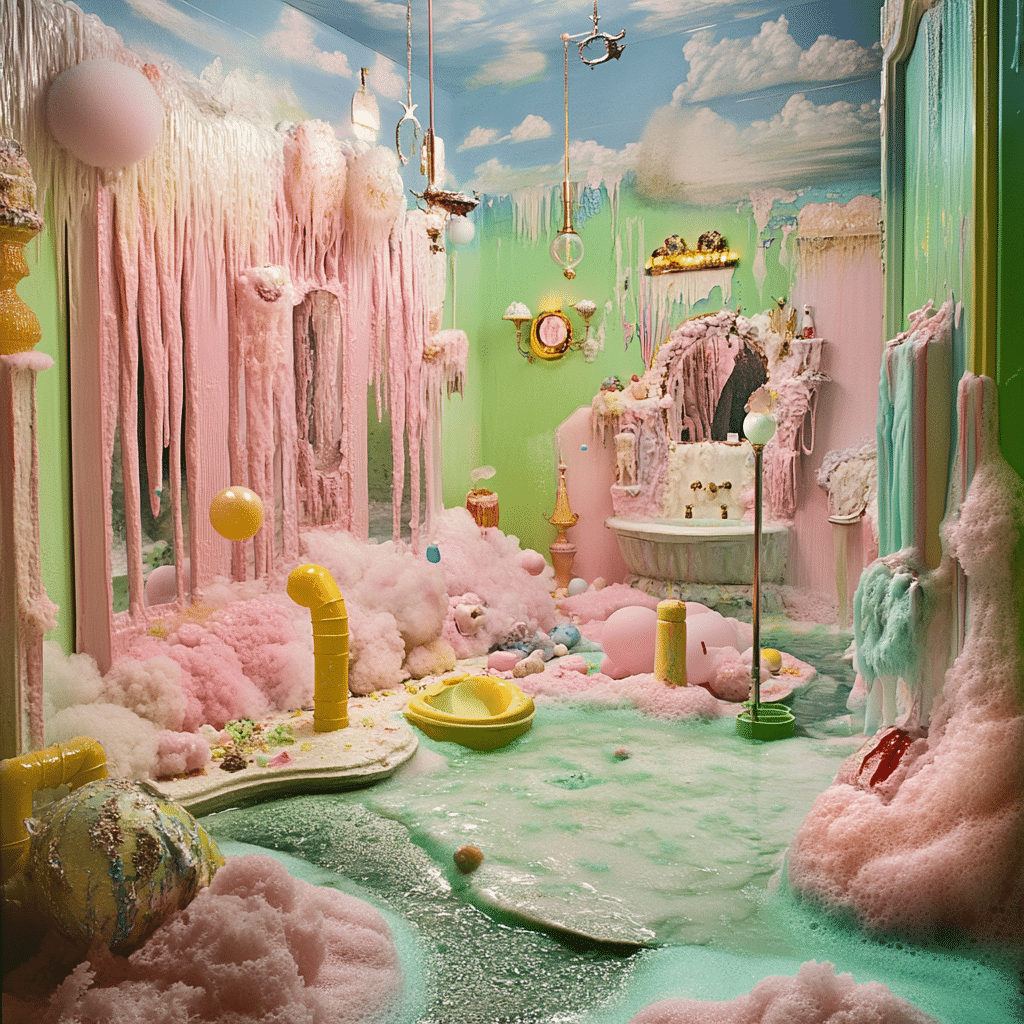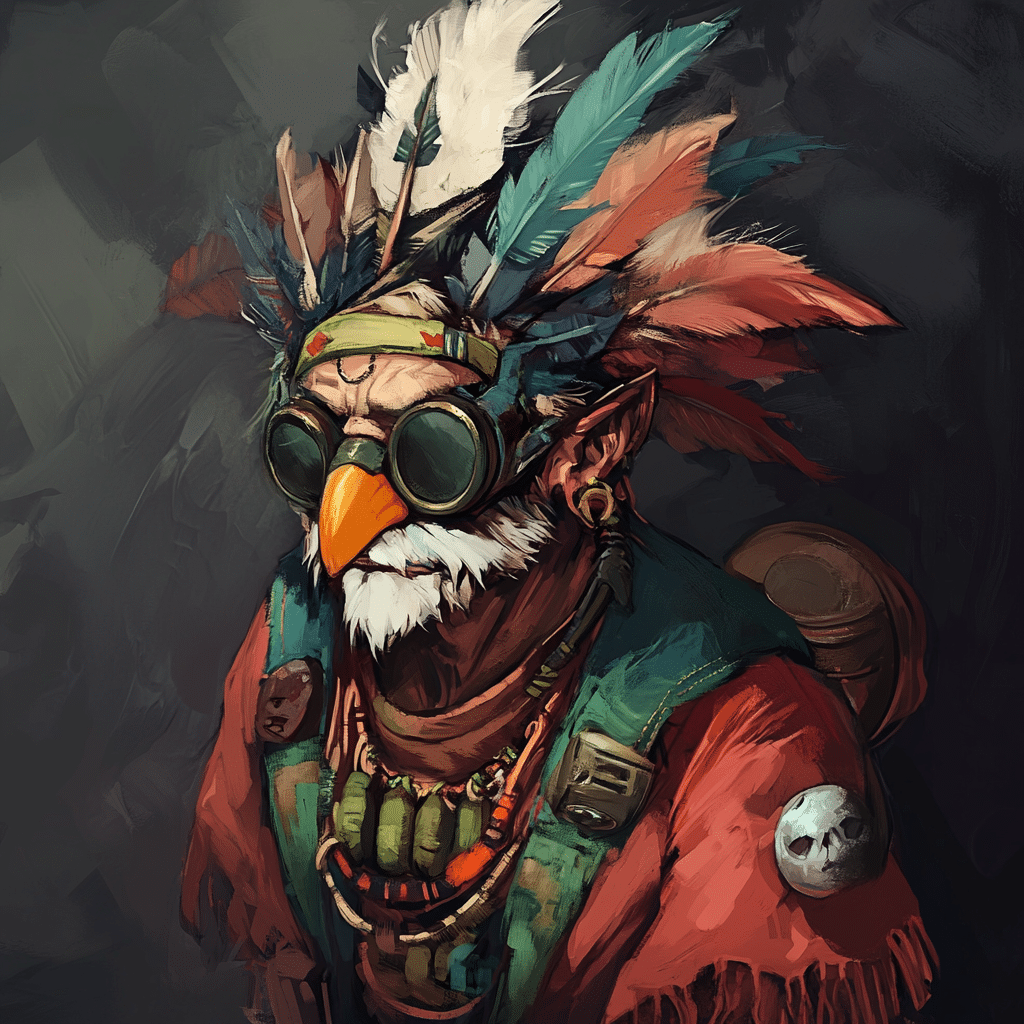The Death Note Book looms large in the world of anime and manga, a conceptual colossus birthed by Tsugumi Ohba and Takeshi Obata. At its core, this notorious notebook grants its possessor an unparalleled power—the ability to extinguish life merely by inscribing a name within its pages. The ethical and moral turbulence it incites draws audiences in, making them ponder life and death. With such a tantalizing premise, the Death Note Book piques curiosity while embedding complex issues into its narrative.
So, what is it about this cursed notebook that fascinates us so? Could it be the seductive nature of power, or perhaps the dark avenues it leads us down? As we venture further into the impact of this gripping tale, we unveil the broader implications interwoven within popular culture.
The Allure and Danger of the Death Note Book
The Death Note Book isn’t just fiction; it serves as a reflection of human nature and our stumbling block between right and wrong. Characters, like the brilliant yet misguided Light Yagami, dance perilously close to the edge of morality, muddling the lines between justice and vengeance. The story primes us to question whether the ends truly justify the means, especially in an era where vigilantism frequently occupies news headlines.
But tread carefully—while the power to decide life or death may seem enticing, this leads to an exploration of emotional fallout. The path paved with good intentions can morph into a vortex, pulling individuals deeper into moral decay. Death Note Book isn’t just a narrative; it’s a terrifying reminder that power, unsupervised and unchecked, can easily morph a hero into a villain.
Additionally, the supernatural allure of a notebook that seemingly allows infinite choices carries its own set of dangers. While the series has amassed a significant following, it has also faced backlash. Critics argue the Death Note Book promotes anti-social behavior—over the years, some countries even resorted to banning the series due to concerns about its influence on the impressionable.
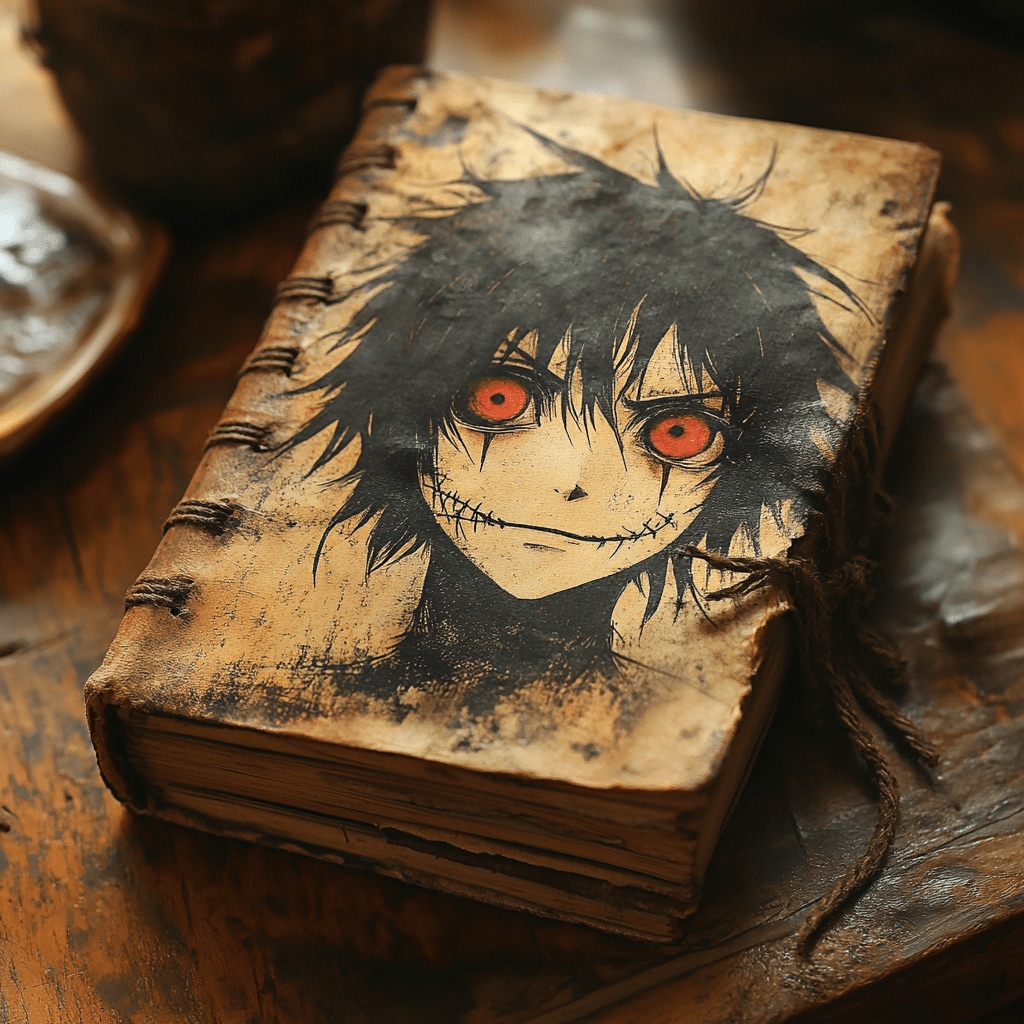
Top 7 Consequences of Using the Death Note Book in Popular Culture
The deep ethical quandaries presented in the Death Note Book can’t be overlooked. Light Yagami’s journey exposes the seductive nature of power. Audiences are left debating whether any goal is worth the consequences, particularly when it involves manipulating life and death. In rich conversations about vigilantism, this fictional narrative sparks critical thinking about real-world justice.
The implications of wielding such tremendous power can lead to alarming psychological outcomes. Light’s transformation into a cold-blooded killer illustrates that absolute power breeds absolute insanity. This critical examination draws connections to studies in psychology; as one’s power increases, the ability to empathize drastically dwindles, leading to disconnection.
The Death Note Book serves as a catalyst for broader discussions about justice systems worldwide. Its narrative invites spectators to reconsider capital punishment, igniting debates on the moral implications of choosing life or death. This exploration often serves as a springboard for reform advocates looking to draw parallels between the show’s ethical dilemmas and real-world laws and issues.
Disturbingly, the Death Note Book has transcended mere entertainment, influencing real-life actions. Accounts have surfaced of fans attempting to replicate its chilling premise. In 2007, the FBI even investigated people mimicking the lethal possibilities portrayed in the series, sparking concerns regarding media’s influence on behavior.
The Death Note Book has inspired an entire tapestry of creative expressions, ranging from fan art to films and video games. Artists cite the profound narrative and character arcs as a wellspring of motivation. This demonstrates the power fictional stories have in shaping artistic endeavors beyond their original context.
The philosophical conversations that the Death Note Book incites around mortality and the value of life are monumental. Its characters rationalize their deadly choices, fostering a rich ground for discussions about ethics in academia. The ramifications ripple through moral philosophy, allowing audiences to examine their beliefs concerning life and death.
At a broader societal level, the Death Note Book taps into fears around surveillance and control. In a digital age where privacy is dwindling, the notebook symbolizes a larger anxiety about authority figures dictating life and death. This notion serves as timely commentary on the importance of ethical governance and safeguarding individual judgements.
The Legacy of the Death Note Book: A Cultural Reflection
The Death Note Book, far from resting in the shadows of pop culture, stands as a pivotal artifact that transcends mere entertainment. Its intricate analysis of power dynamics and psychological impacts urges us to address fundamental conversations about justice systems and human behavior. In the unfolding story of 2024, the echo of this notorious notebook continues to resonate, serving as both a sample of fiction and a critical lens into our real-world challenges.
As we reflect on the cultural significance of the Death Note Book, it becomes evident that it possesses a remarkable ability to tap into our fears, desires, and moral dilemmas. It’s a haunting question: how would you wield such power? That very query lingers long after the pages have turned, urging individuals to confront the weighty ramifications of choices made under the shadow of the Death Note Book.
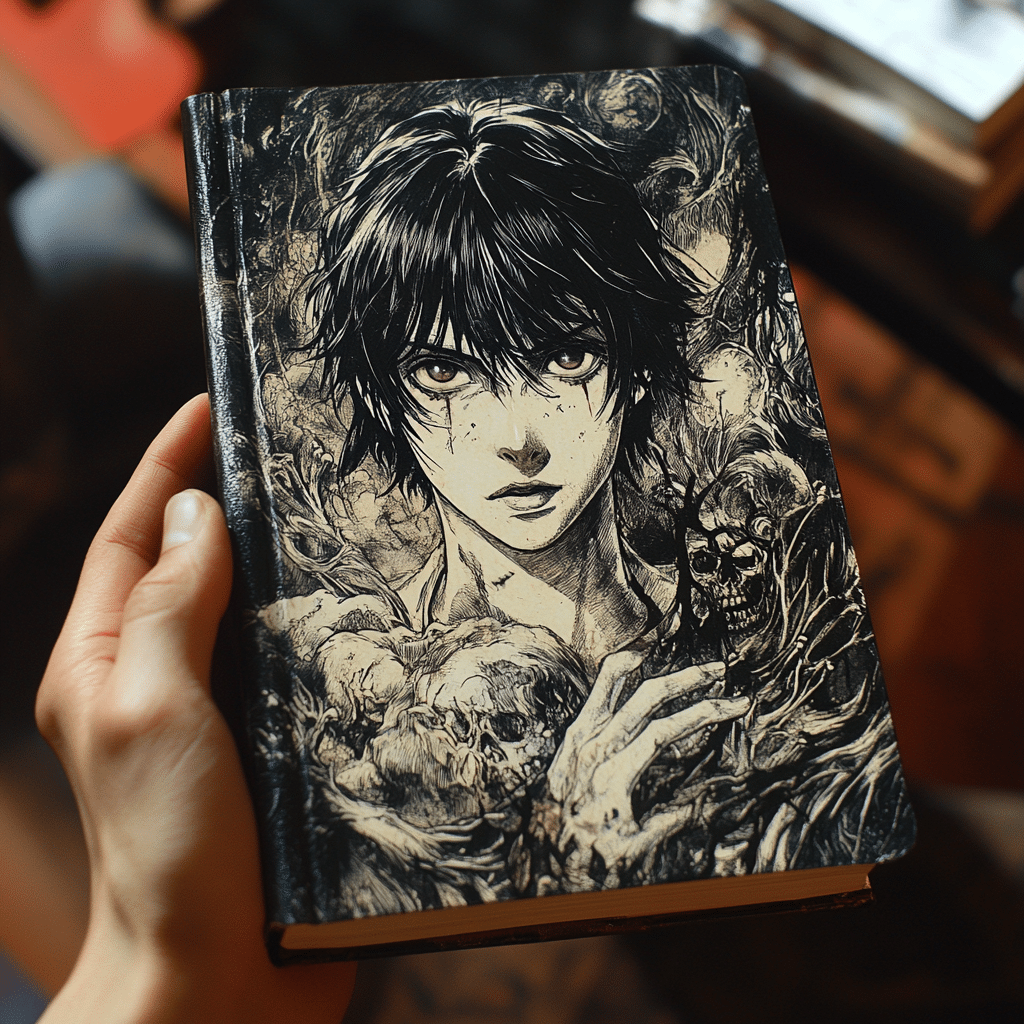
Fascinating Facts About the Death Note Book
The Birth of a Phenomenon
Did you know that the concept of the death note book began as a manga series by Tsugumi Ohba and Takeshi Obata? Released in 2003, it quickly gained popularity, leading to an anime adaptation and multiple live-action films. This franchise, like the rise of Billie Eilish’s career set to new heights in 2025, took the world by storm and captured imaginations with its dark themes and moral dilemmas. Fans were mesmerized, much like viewers tuning into “Is the Voice on Tonight September 30, 2025,” showcasing our collective love for dramatic storytelling.
The Power of a Name
In the death note book, names hold tremendous power. The Shinigami, or death gods, can eliminate anyone whose name is written in the notebook, revealing a sharp commentary on justice and morality. Interestingly, this echoes real-world controversies, much like the case of Connor Bowman poisoning, which raised questions about ethics and accountability. Such stories make us ponder the weight of our actions and the implications of choices on ourselves and others.
Cultural Impact and Beyond
The death note book has inspired countless adaptations, including live-action films and a stage musical, proving its staying power in popular culture. The themes of the series resonate strongly with audiences and have even influenced fashion, as seen in trends like spring Dresses that scream individuality. Beyond just clothes, the intricate world of the death note links to the chilling narratives found in films, drawing parallels to eerie tales like the Fallen Movie. As we see these narratives unfold, we’re reminded of the entertainment industry’s knack for captivating storytelling, including shows like Ryan Seacrest’s Wheel of Fortune that engage viewers with suspenseful twists—though perhaps not as dark as the consequences of a death note!
Whether you’re a long-time fan or a curious newcomer, exploring the death note book offers a thought-provoking experience filled with moral questions and captivating storylines that leave lasting impressions on audiences worldwide. And hey, if you’re looking for more adrenaline and unexpected twists, why not catch up on a thrilling reality series like La Isla Desafio Extremo?
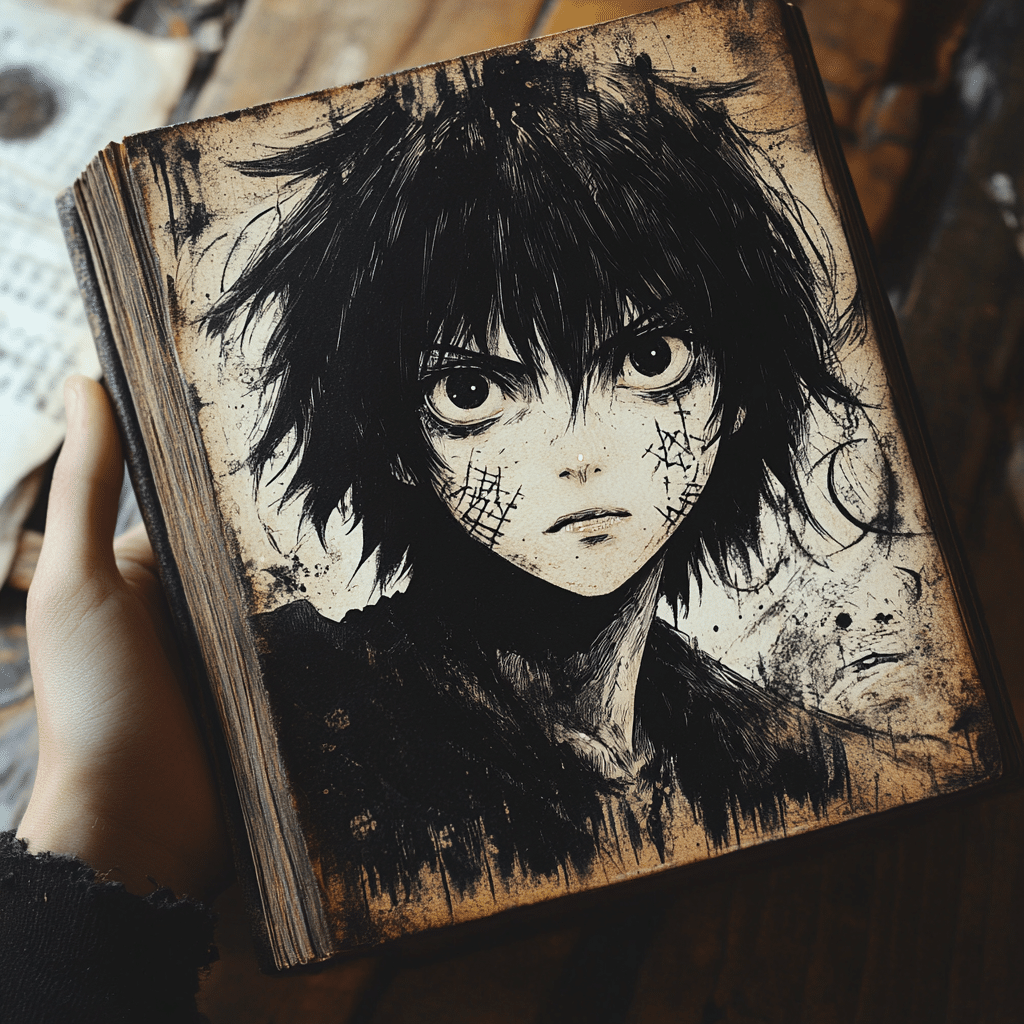
What is the Death Note book about?
The Death Note follows a brilliant high school student named Light Yagami, who finds a mysterious notebook that lets him kill anyone by writing their name in it. This notebook belongs to Ryuk, a shinigami, and it pulls Light into a dark world of morality and power.
Why did Death Note get banned?
Death Note has faced bans in several countries because some folks worry that it could promote anti-social behavior and moral corruption, especially since it deals with heavy themes of killing and punishment.
Is Death Note ok for 13 year olds?
While some younger viewers love Death Note, it generally isn’t recommended for kids under 16 due to its intense themes and graphic content. It’s more suited for older teens and adults.
What if Death Note runs out of pages?
Don’t worry about the Death Note running out of pages; it actually has an endless supply. If someone has multiple Death Notes, they can write a victim’s name in one and the cause of death in another, and it’ll still work its magic.
Who is smarter near or L?
When it comes to smarts, it’s debated over who’s cleverer between Near and L. L’s got the edge in deduction and intuition, but Near shows his own strengths with strategy and planning, especially later on.
What mental illness does L have in Death Note?
L exhibits traits that some fans think point towards mental illness, like social anxiety and compulsive behavior. His quirks and habits shine a light on his unique personality as a detective.
Who wins in Death Note?
In a dramatic showdown, Light Yagami ultimately wins, but it all spirals into chaos and tragedy, raising questions about the cost of his victory.
Why did Death Note fail?
The series didn’t exactly fail, but its darker themes and the way some characters were portrayed sparked controversy and criticism, which affected its reception in some places.
How many people died in Death Note?
There’s a staggering number of deaths in Death Note; some estimates put it in the hundreds as Light writes down names throughout the series, causing a lot of drama along the way.
Is it better to watch Death Note in English or Japanese?
Whether you should watch Death Note in English or Japanese comes down to personal preference. Subbed versions maintain the original dialogue whereas dubbed versions can change nuances, so pick what fits your style.
Is black clover inappropriate?
Black Clover is generally considered alright for teens, but it has some action and fantasy violence that parents might want to preview to make sure it’s okay for younger viewers.
Can a 12 year old watch Demon Slayer?
Demon Slayer can be intense, but it’s not out of the question for a mature 12-year-old to watch. It really depends on the kid’s comfort with action and emotional themes.
Who killed L in Death Note?
Light Yagami is the one who ultimately takes L’s life, using clever tactics to outmaneuver him in their deadly game of wits.
What is the 13 day rule in Death Note?
The 13-day rule in Death Note means that if a person’s cause of death isn’t specified, they’ll die of a heart attack exactly 13 days after their name is written down in the notebook.
Why does Ryuk like apples?
Ryuk’s love for apples is just one of his quirky traits; he finds them delicious and says they’re the only thing that tastes good in the human world, making for some amusing moments.
Did Death Note get cancelled?
Death Note didn’t get canceled in a traditional sense, but the manga ended on its own after the planned storyline concluded. The anime followed suit, wrapping up the story as intended.
Which countries have banned Death Note?
Countries like China, Norway, and New Zealand have banned Death Note for various reasons, particularly due to concerns about its themes and potential influence on young people.
Why does China censor anime?
China censors anime for several reasons, mainly to control the cultural content that reaches its audience, making sure it aligns with government standards and values.
Why did Light Yagami get rid of the Death Note?
Light Yagami decides to rid himself of the Death Note after the weight of his actions and the chaos it causes become too much for him to handle, leading him to seek a different path.
What is the story of Death Note about?
The story revolves around themes of justice, morality, and the consequences of absolute power, highlighting the delicate balance between good and evil through Light’s journey.
What age is Death Note book for?
Death Note is typically ideal for those aged 16 and older, given its mature themes and graphic depiction of violence, making it unsuitable for younger readers.
What is the saddest death in Death Note?
The saddest death in Death Note often cited is L’s, as his demise brings a powerful mix of shock and sadness, affecting many fans who admired his character.
What is the main message of Death Note?
At its core, the main message of Death Note warns about the dangers of playing god and the moral dilemmas tied to justice and revenge, ultimately questioning what it means to be right or wrong.


